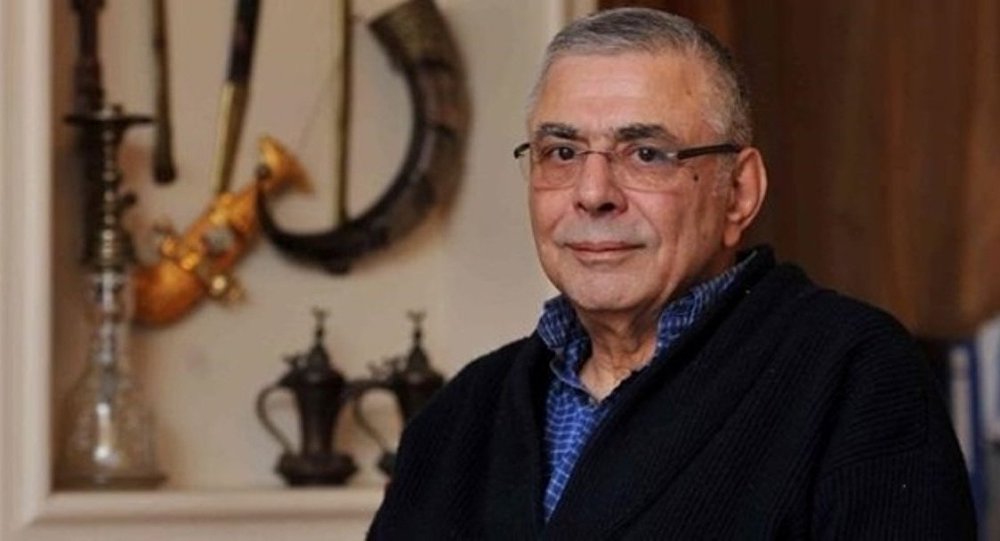Mehmet Eymür, former head of the counterterrorism unit of the National Intelligence Organization (MİT), has confirmed the previous existence of a clandestine military organization known as JİTEM, saying state officials killed 18 people for money in Turkey in the 1990s.
JİTEM, the Gendarmerie Intelligence and Anti-terror Unit, has been accused of involvement in the torture, disappearance and execution of many Kurdish politicians and businesspeople during the 1990s, a period of bloody conflict between the Turkish state and Kurdish militants.
Eymür, who in 2016 testified against 19 defendants in a trial involving the enforced disappearance or execution of 18 people in Turkey’s Southeast in the 1990s, on Thursday said in an interview with the T24 news website that those people had been killed for money.
“The government can do anything. It’s legitimate. That’s how I see it. But if there’s [personal] benefit involved… ‘Give me this much money, or I will kill you’ [they told those people]. Unfortunately, they were killed this way,” Eymür said, referring to those killed in the ’90s.
Although all defendants in the case, including then-Interior Minister Mehmet Ağar and former high-ranking special operations and intelligence officials, were acquitted of murder by an Ankara court in late 2019, an appeals court overturned the decision in April 2021.
When asked whether JİTEM really existed, Eymür said: “Of course, it’s real. Yes. I know Veli Küçük well. He’s the one who had frustrated me the most. He is one of those in [Doğu] Perinçek’s group. … They did wrong things. JİTEM and all.”
The activities of JİTEM had first been acknowledged officially by former prime ministers Bülent Ecevit and Mesut Yılmaz following the Susurluk incident, a fatal car crash that exposed links between state officials and organized crime bosses.
Retired Brig. Gen. Veli Küçük, who is believed to be one of the key figures of the “deep state” that used JİTEM particularly in the 1990s, argued as part of a trial that merged the JİTEM case and the 1992 murder of Kurdish writer Musa Anter in 2016 that JİTEM did not exist.
The deep state was alleged to be a group of anti-democratic coalitions within the Turkish political system, including high-level figures from the Turkish military, security agencies, judiciary and mafia.
Eymür also said that Doğu Perinçek, the long-time leader of Turkey’s ultra-secularists and the founder and chairman of the neo-nationalist Homeland Party (VP), “has men in the Turkish army ranging from captain to general, as well as in MİT,” and that he’s linked to “British intelligence and the Americans.”
When asked, “Do you have any information on this?” Eymür replied that he did.
Enforced disappearances, which were common in Turkey during the 1990s, made a reappearance during the rule of President Recep Tayyip Erdoğan’s Justice and Development Party (AKP) following a failed coup in July 2016, according to a report drafted earlier this year by main opposition Republican People’s Party (CHP) deputy Sezgin Tanrıkulu, also a prominent human rights activist and deputy chair of the Human Rights Committee in parliament.
The country’s intelligence agency has reportedly abducted dozens of people since 2016, with some 24 victims reporting, after they were found, that they were subjected to torture during the time they were missing.

